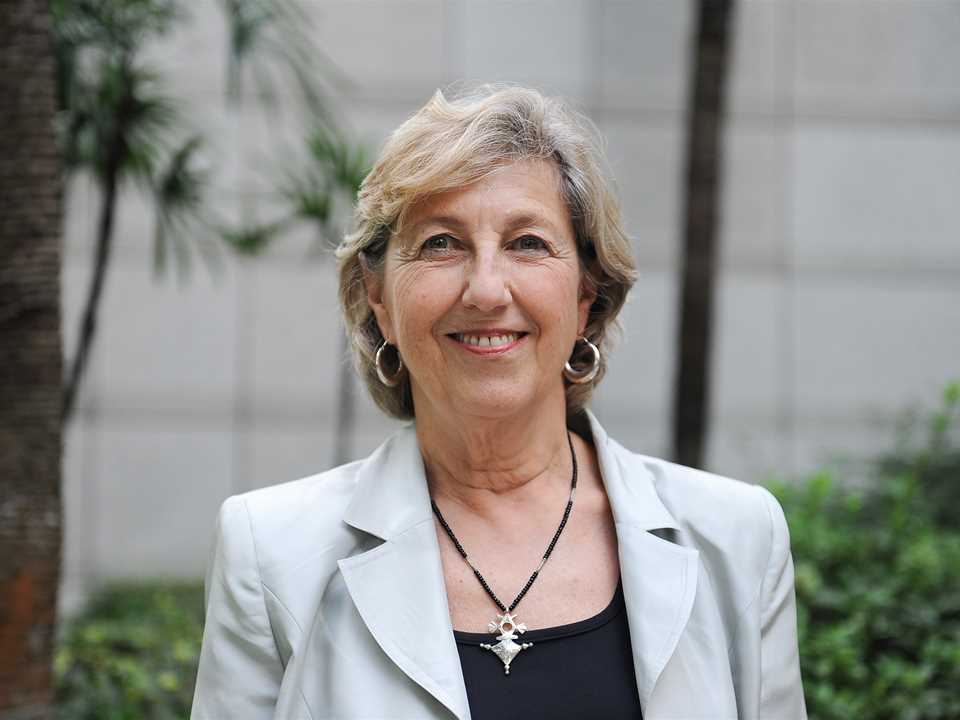Our Changing World Enlightenment Lecture: Promise of 2015: hopes for a new enlightenment

Our Changing World Enlightenment lecture by Julia Marton Lefévre on 24th November 2015; summary by Marlena Segar, 1st year student in Social and Economic History with Environmental Studies
In the ‘Our Changing World’ Enlightenment Lecture, Julia Marton Lefévre began by discussing the 1775 Lisbon earthquake that triggered the enlightenment movement. Unlike the unaware citizens 240 years ago we are already aware of our ‘metaphorical earthquake’ and therefore can act before it hits. The environmental movement of the last few decades has always developed along the line of ‘limits to growth’, however Lefévre argues that now is the time to have ‘growth within limits’.
Lefévre highlighted that traditional sustainable development thinking of society, environment and economy as three separate pillars is an awkward definition as it leads to competition between the three rather than much-needed collaboration. This is particularly critical now considering that COP21 began this week in Paris where action on environmental protection has been demanded. Whilst some view the importance of this conference as overshadowed by the recent terrorist threat in the city, Lefévre stresses how this only highlights the greater need for environmental action. Social inequality is largely linked to environmental degradation and they cannot be tackled as separate issues.
Today 147 heads of state are present at the Paris conference in comparison to only 2 who were present at the first UN conference on the environment in Stockholm in 1972. The Intended Nationally Determined Contributions (INDCs) already released by 160 of the 193 attending states, shows there is a willingness of states to meet ambitious targets. Lefévre indicates that these targets need to go further to protect humanity from future environmental and social catastrophes and it is the public’s responsibility to ensure that the promises made at the end of these two weeks are effectively carried out. Social transformation need not be painful and if change begins now there is reason to look to the future with optimism.
Watch a recording of this lecture





Recent comments